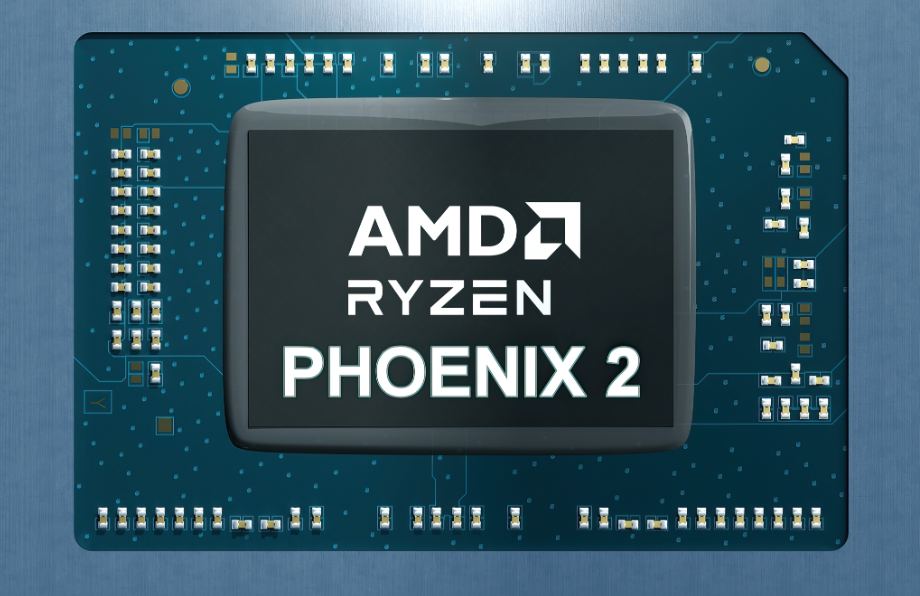News
CPU AMD Phoenix 2 Die Shot Appears to Show Cores Zen 4, Zen 4c

A hardware leaker named HXL revealed what is believed to be a die shot of AMD’s next hybrid accelerated processing unit, which is said to have Zen 4 and Zen 4c general-purpose cores. The APU is anticipated to be the younger sibling of AMD’s Phoenix and will occupy a position in the Ryzen lineup below these components. The purported die shot of the Phoenix 2 processor shows a large L3 cache (in the middle of the left side, with green structures), two high-performance Zen 4 cores (below the L3 cache), four smaller Zen 4c cores (three above L3, one to the right of Zen 2 cores), and a significant built-in GPU (on the right side). PCIe, USB, and other physical ports are located on the bottom of the APU, as well as on the left and right sides of the APU.
In addition, there are many DDR5/LPDDR5 PHY interfaces on top of the die. Phoenix 2 only has six cores, two high-performance Zen 4 cores, and four energy-efficient Zen 4c cores considerably smaller than their counterparts. This indicates that AMD positions Phoenix 2 as a lower-cost APU that can be used in cheaper laptops. In comparison, the Ryzen 7040-series (Phoenix) APU carries eight high-performance Zen 4 cores. What else AMD chopped down from this chip to make it smaller and more affordable still has to be determined, but we will find out this information when AMD officially debuts these parts.
The introduction of AMD’s first hybrid central processing unit design will strengthen the company’s ability to compete with Intel’s Alder Lake and Raptor Lake products in the market for laptop processors. AMD can reach performance metrics at power levels that were previously unattainable because it uses a mixture of cores that have high levels of both performance and efficiency. Meanwhile, due to the particulars of the Zen 4c and Phoenix 2 designs, it will be far less expensive than the first Phoenix, which will allow Zen 4 to access some hitherto unexplored avenues.
The CPUs with the codename Phoenix 2 were supposed to be released by AMD this year; however, it is already September, and we have not seen this APU anywhere. Therefore, AMD may have incorporated it into the Ryzen 8000-series range that will be released in 2024. In the meantime, if AMD’s Phoenix 2 is going to make it to market in 2024, it will need to compete with Intel’s entry-level Meteor Lake, which is anticipated to be far more competitive than the currently available products.













